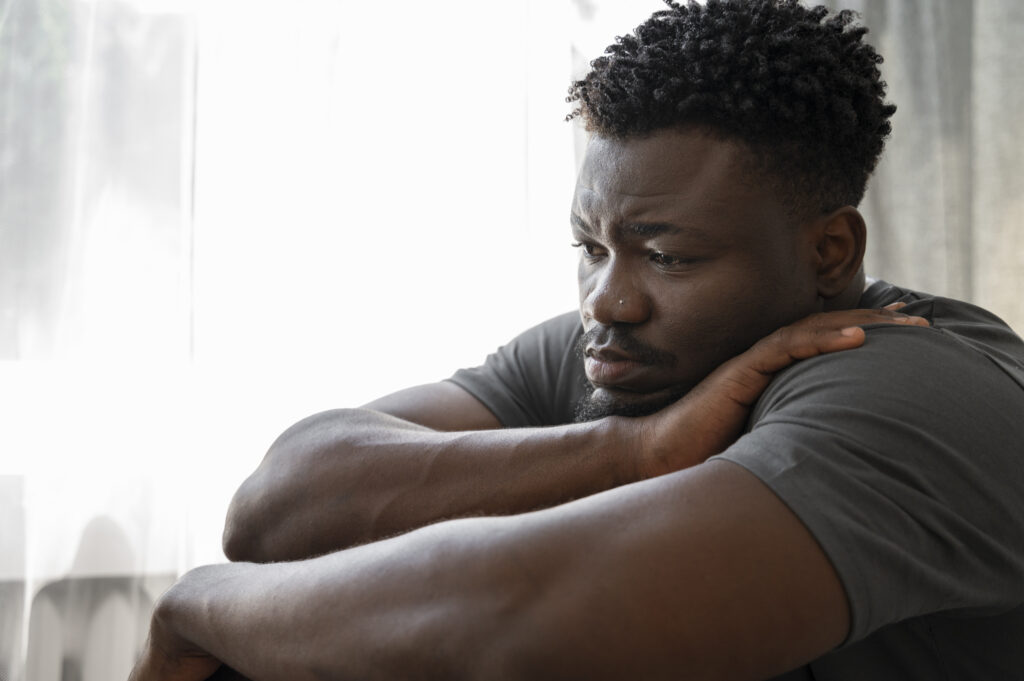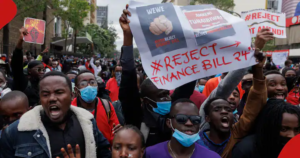I have been thinking deeply about the events of the past week, which have highlighted a silent crisis that needs urgent attention to prevent an unprecedented national disaster. The recent shooting of a judge by a male police officer during a session at Makadara court is both shocking and devastating. The stressful death of Jahmby Koikai and, shortly after, her father Ambassador Daniel Koikai is a situation that can add to a painful and stressful situation. Additionally, the Federation of Kenya Employers (FKE) reports that 70,000 Kenyans have lost their jobs in the past year, with sectors such as manufacturing and construction, which predominantly employ men, being particularly hard hit.As I pondered these issues, I felt profound pain for the affected families and prayed for their strength during these trying times. It also struck me how casually we have been about protecting our judicial officers and securing our courts, even as we rely on justice to safeguard our country. This tragic incident involving a police officer points to a larger problem — men’s mental health.
According to the World Health Organisation, men are less likely than women to seek help for mental health issues and are much more likely to commit suicide.
According to a 2022 report by the Kenya National Bureau of Statistics on the status of men and women in the country, 56.9% of men and 43.1% of women suffer from mental disorders. Clearly, men are crying for help and we as a society must heed their cry. The COVID-19 pandemic’s stress and pain are still fresh, and in many cultures, including Kenya, men are seen as primary breadwinners. This societal expectation places immense pressure on men to provide for their families, and job loss can lead to severe stress, anxiety, and a sense of failure, compounded by the stigma associated with unemployment. The pressure mounts, especially mid-year when new year aspirations seem off path, leading to lost hope. It is no wonder June has been designated as Men’s Mental Health Awareness Month.
Given these challenges, I recommend three unique and practical solutions to address this crisis.
Firstly, we need to establish and encourage Men’s Support Circles with professional guidance. These dedicated support groups can provide a safe space for men to share their struggles, allowing vulnerability and receiving guidance without stigma. Peer support is powerful because men benefit from sharing their experiences with others who have faced similar challenges, creating solidarity and reducing feelings of isolation. I have experienced that activities such as group singing can promote emotional release, social bonding, and stress reduction. Additionally, physical activities, sports, craftsmanship, and gardening can provide holistic support.
Secondly, develop targeted employment and skills training programs for men. Our vocational colleges, universities, and industry leaders should establish well-thought-out curricula geared towards upskilling men who have lost their jobs. Nothing beats the power and joy of a man fixing something by himself. Providing training in growth industries such as technology, renewable energy, and healthcare can open new employment opportunities. Economic empowerment through skill acquisition can boost confidence, reduce financial stress, and improve mental health. Mentorship programs corresponding with these coaching initiatives can provide leadership and encouragement, helping men transition into new responsibilities and industries.
Thirdly, engage women in support roles to foster a holistic support system. I have come to appreciate over my three decades as an ecopreneur that encouraging women to actively participate in the support system for men is crucial. Providing training on how to support partners, brothers, and friends experiencing job loss and stress can create a supportive home environment. Unappreciated by many women, most men lose it right at home and in front of their most loved ones. Understanding the unique stressors faced by men can foster empathy and more effective support. This approach can improve communication and relationships, offering men a strong support network at home.
As we navigate this crisis, it’s crucial to recognize that mental health is a global issue affecting us all. By taking these steps, we can build a more supportive and understanding society. Let’s unite to ensure no man is excluded and that everyone can recover and flourish. Think green, act green!



